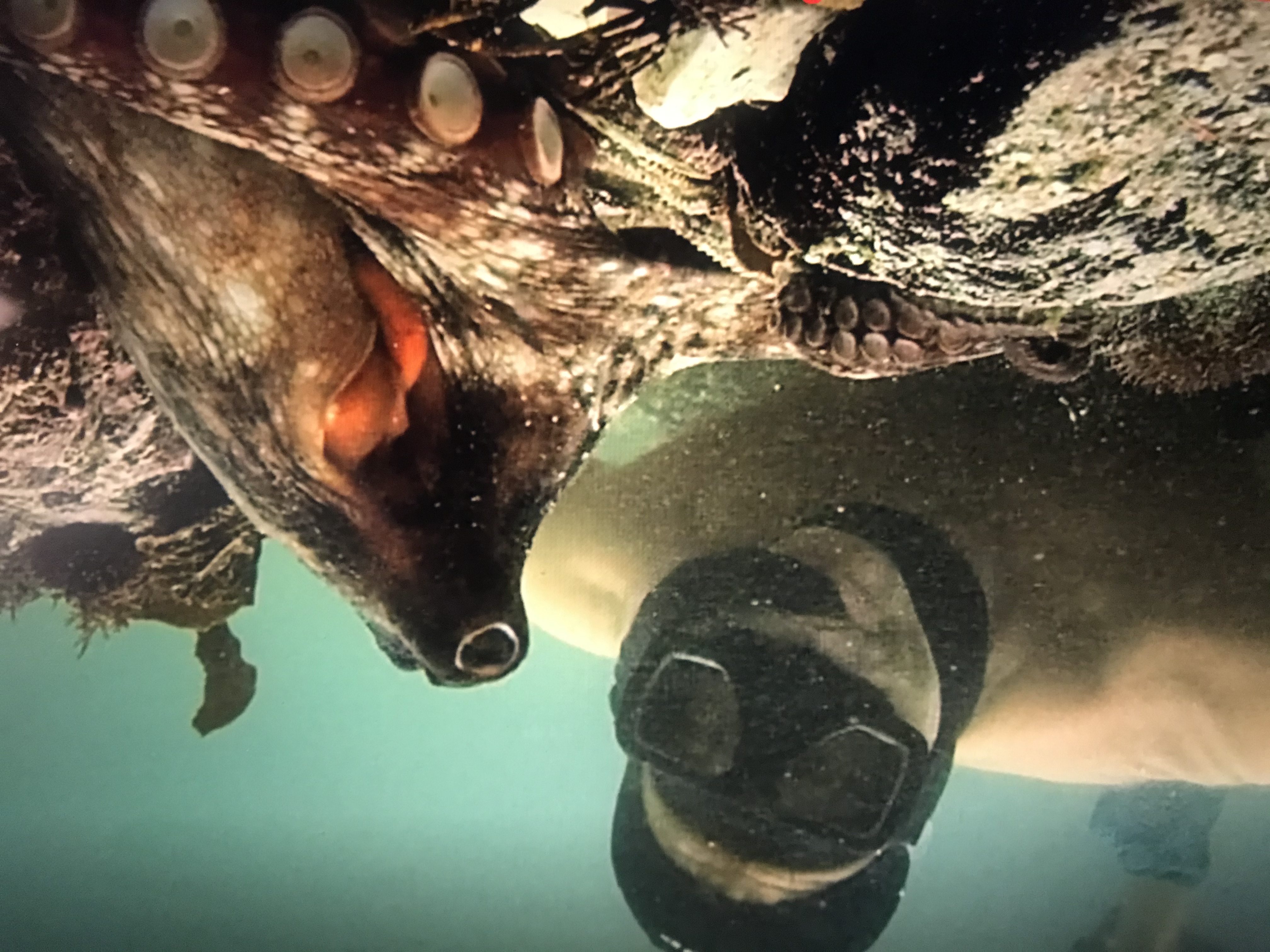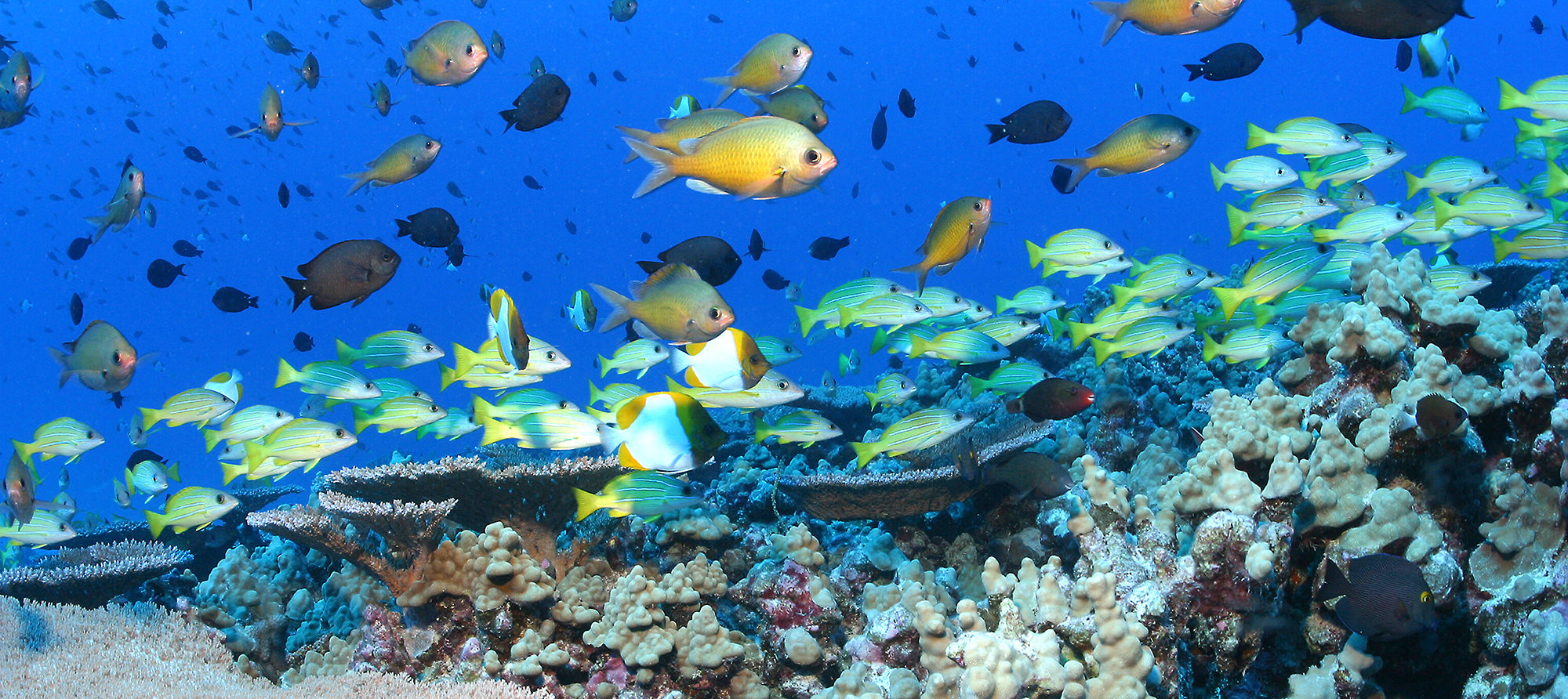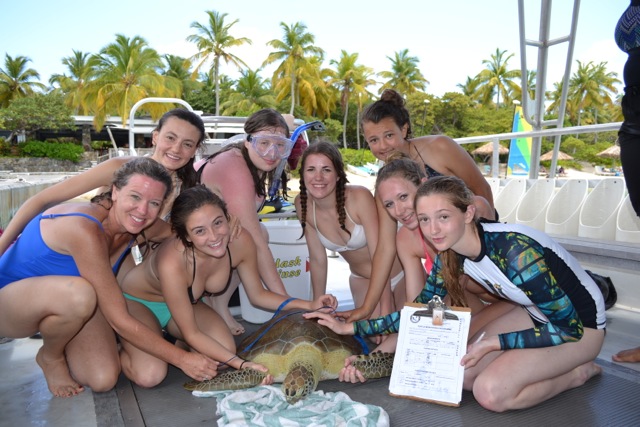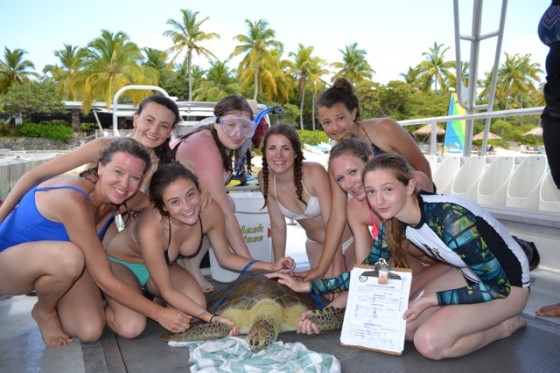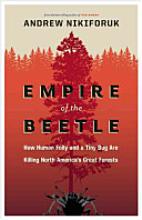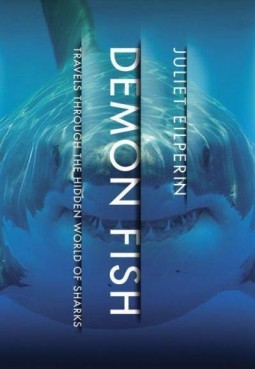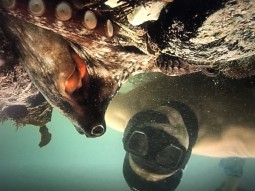
This week we review the hit movie “My Octopus Teacher,” the story about a man who goes diving in a kelp forest off the Western Cape of South Africa, and becomes acquainted with an octopus. We review the movie with Roger Hanlon, a diving biologist, cephalopod expert and senior scientist at the Marine Biological Laboratory in Woods Hole, MA. We discuss the octopus’ elaborate camouflage and complex behavior. We’ll get some answers to our octopus questions: Do they dream? Do they play? Use tools? Are octopuses a second form of intelligent life on earth?
You can learn more about the South African sea forest at the Sea Change Project. You can learn more about octopuses at Roger Hanlon’s research.
Host & Producer: Jill Sjong
Executive Producer: Beth Bennett
Engineer: Sam Fuqua
Listen to the show:
Podcast: Play in new window | Download (Duration: 27:30 — 37.8MB)
Subscribe: RSS

